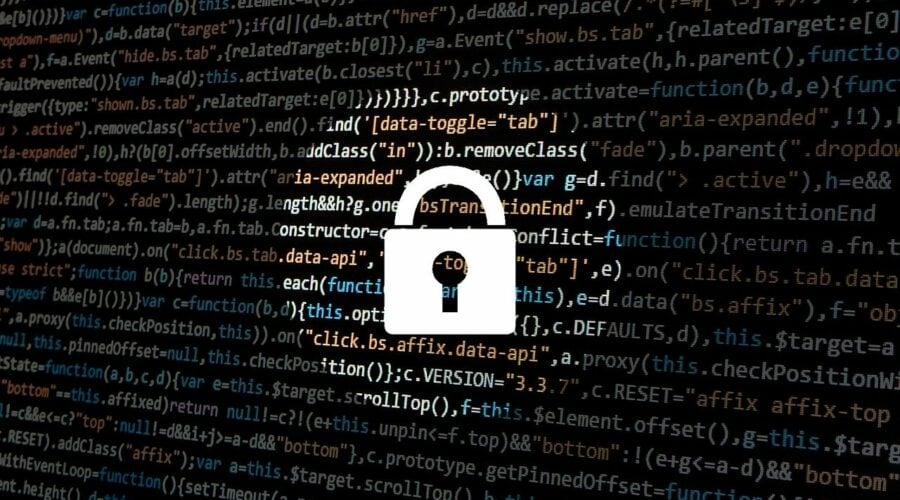
This Risk Insights is not intended to be exhaustive nor should any discussion or opinions be construed as legal advice. Readers should contact legal counsel or an insurance professional for appropriate advice. Download PDF Article
Your Liability When Responding to Cyberbullying
Among its many consequences, the diffusion of new forms of electronic communication has given bullies new means for ridicule, harassment and belittlement. Being cruel to others by sending or posting harmful material or engaging in other forms of social aggression online or using other technology, also known as cyberbullying, is a serious concern for school administrators. While school officials must proactively protect students and prevent disruptions, they are also legally obligated to respect students’ right to free speech. Effectively maintaining this balance requires careful consideration of each specific case and cooperation with legal counsel. However, several general considerations apply.
Free Speech
According to a 1969 Court ruling, school officials can legally prohibit student speech only if it “would substantially interfere with the work of the school or impinge upon the rights of other students.” In the past, this has applied to off-campus student newspapers, slogans on clothing and off-campus online speech. Determining whether material posted on a website would cause substantial disruption requires careful evaluation of the situation, potentially with legal guidance, and any action taken must be fully documented.
Your Responsibility
While it is important that school officials not overstep students’ right to free speech when monitoring cyberbullying, they also must not take a passive role. When cyberbullying takes place through the use of a district Internet system, school-owned computers or other school property, liability concerns arise. Since cyberbullying is a relatively recent issue, there is no legal precedent. To avoid negligence, schools must ensure that they exercise a reasonable standard of care. Adopting and proactively enforcing an official bullying policy using strategies such as the Olweus Bullying Prevention Program could be considered prudent. While officials should always contact legal counsel to discuss the extent of their liability, adequate precautions might include the following steps:
- Organize a planning effort to address current practices and implement an anti-cyberbullying program.
- Address policies on Internet use and management.
- Through policy, ensure adequate monitoring of student Internet use.
- Educate faculty and students about the seriousness of cyberbullying and communicate related policies.
- Regularly assess the effectiveness of the antibullying program.
A district can be considered financially liable if school officials with authority to take action have knowledge of communication that creates a hostile school environment, yet they fail to do anything about it.
Respond Carefully
It is important to remember that eliminating cyberbullying is not as simple as formal discipline, it could potentially make the situation worse. The best approach is to involve parents, requesting that they remove harmful material and monitor their children’s online activities to prevent retaliation, which can be extremely vicious and difficult to control.
Resources
For more resources about bullying prevention, visit http://www.violencepreventionworks.org/
© 2010 Zywave, Inc. (Reviewed 2020) All rights reserved.
Further Reading

Homeowners Maintenance Manual
Bitner Henry Insurance Group provides this free guide to maintenance for homeowners. This guide covers: Seasonal guidance, including interior,...

4 Cyber Threats to Watch Out For
Technology is a valuable tool used for communication; however, digital communication comes with risk. Cyber criminals are becoming more...
